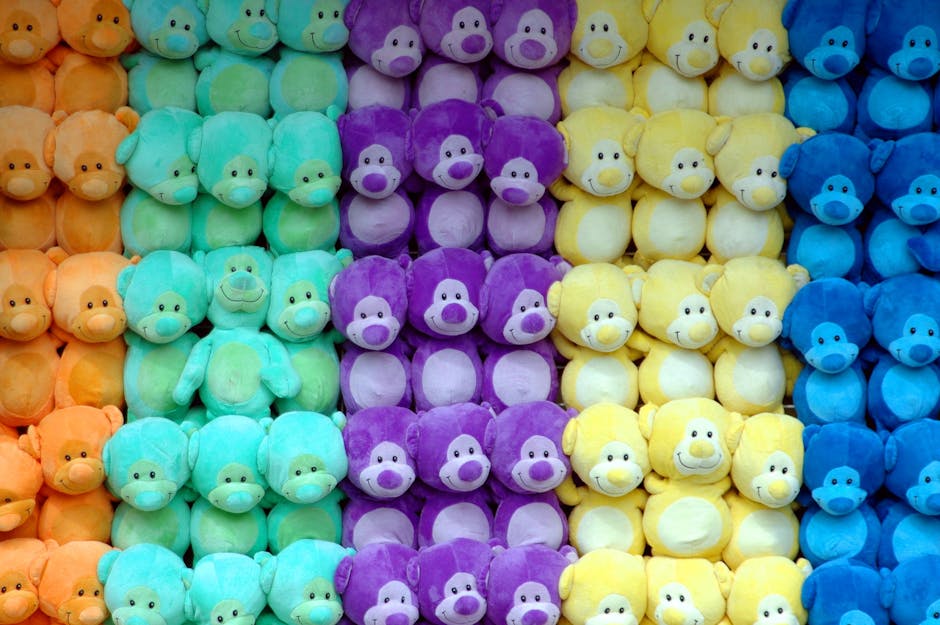Toys and games are an integral part of childhood, offering opportunities for laughter, learning, and social interaction. They come in various shapes, sizes, and materials, catering to the diverse needs and interests of children at different ages. Understanding the role of toys and games in child development can help parents and caregivers make informed choices that enhance their children's physical, cognitive, and emotional well-being.
**Role of Toys and Games in Child Development**
Toys and games play a crucial role in supporting children's development across multiple domains:
* **Physical Development:** Active play with toys like balls, blocks, and scooters promotes gross motor skills, balance, and coordination.
* **Cognitive Development:** Puzzles, board games, and building toys stimulate problem-solving, decision-making, and memory skills.
* **Social Development:** Games like hide-and-seek and role-playing encourage cooperation, communication, and empathy.
* **Emotional Development:** Toys like stuffed animals and dolls provide comfort, security, and help children process their emotions.
**Tips for Choosing Age-Appropriate Toys**
When selecting toys, it's important to consider the child's age and developmental stage:
* **Infants and Toddlers:** Toys that encourage sensory exploration, such as rattles, teethers, and soft blocks, are suitable.
* **Preschoolers:** Toys that promote imaginative play, like dolls, dress-up clothes, and building blocks, are ideal.
* **School-Aged Children:** Games and activities that involve strategy, competition, and teamwork can foster cognitive and social skills development.
* **Adolescents:** Toys and games that encourage creativity, self-expression, and physical activity are appropriate.
**Guide to Different Types of Toys**
There are countless types of toys available, each with its unique purpose and benefits:
* **Construction Toys:** Blocks, Legos, and building materials encourage creativity, problem-solving, and spatial reasoning.
* **Educational Toys:** Books, puzzles, and science kits stimulate cognitive development and introduce new concepts.
* **Imaginative Play Toys:** Dolls, stuffed animals, and play kitchens foster imaginative play and social skills.
* **Active Play Toys:** Balls, jump ropes, and bicycles promote physical activity and gross motor skills development.
* **Arts and Crafts Toys:** Crayons, paints, and clay encourage creativity, fine motor skills, and self-expression.
**Conclusion**
Toys and games are essential for children's physical, cognitive, social, and emotional growth. Choosing age-appropriate toys and promoting their use as part of a balanced childhood can help children reach their full potential. By understanding the role and benefits of toys and games, parents and caregivers can create an enriching environment that fosters fun, learning, and well-being.
